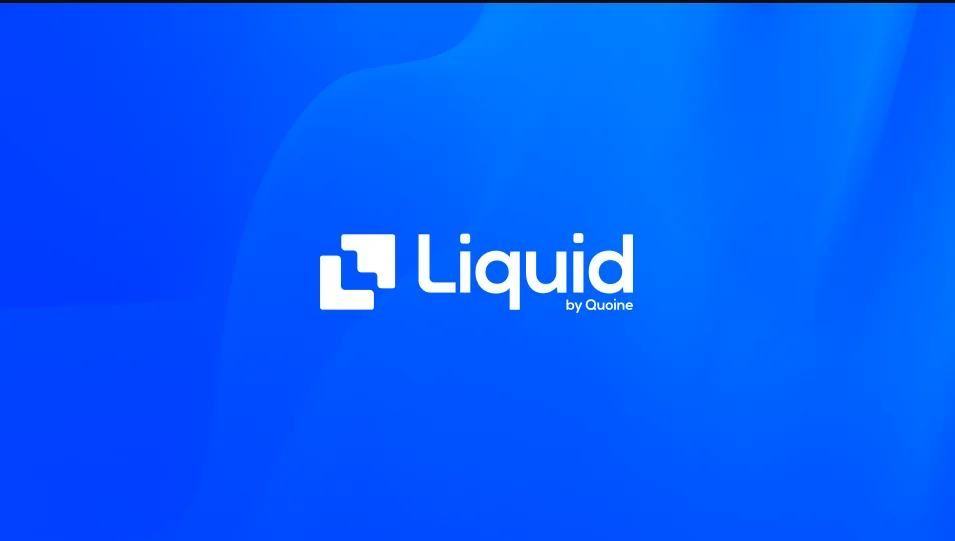Liquid, a Japanese cryptocurrency exchange, has announced that its subsidiary, Quoine Corporation, has received a Type I Financial Instruments Business license from the Japanese regulatory authorities under the Financial Instruments and Exchange Act.

The license would allow Liquid to start trading derivatives on its platform, allowing both retail and institutional clients to invest, though no precise launch date has been announced.
Liquid, which was founded in 2014, is one of the world’s largest crypto-fiat exchanges, with over 800,000 clients and a daily trade volume of $1.1 billion in 2021. The platform is licensed by the Monetary Authority of Singapore and operated under Japan’s Payment Services Act via Quoine Corporation.
Seth Melamed, Liquid’s chief operating officer, spoke about the significance of achieving regulation in the industry:
“The Type 1 license issuance is the culmination of a great deal of preparation and collaboration by the entire Liquid team. It is also a validation that trading derivatives in crypto can be done in a compliant manner with full customer protections & transparency.”
Liquid was the victim of a $97 million security compromise on its hot wallets in mid-August of this year, while the business was quick to point out that users’ wallet balances were not harmed by the event.
In contrast to cold wallets, which are stored and traded offline, hot wallets, such as Metamask and Phantom, are a means of storing and trading cryptocurrencies that are usually believed to be more vulnerable to security breaches.
A $120 million debt financing investment from FTX Trading, an affiliate of the exchange, was announced in the weeks following the targeted attack. The investment will be used to improve the exchange’s balance sheet, support licensing efforts in the jurisdictions of Japan and Singapore, increase capital and liquidity generation as well as improve customer support services.
